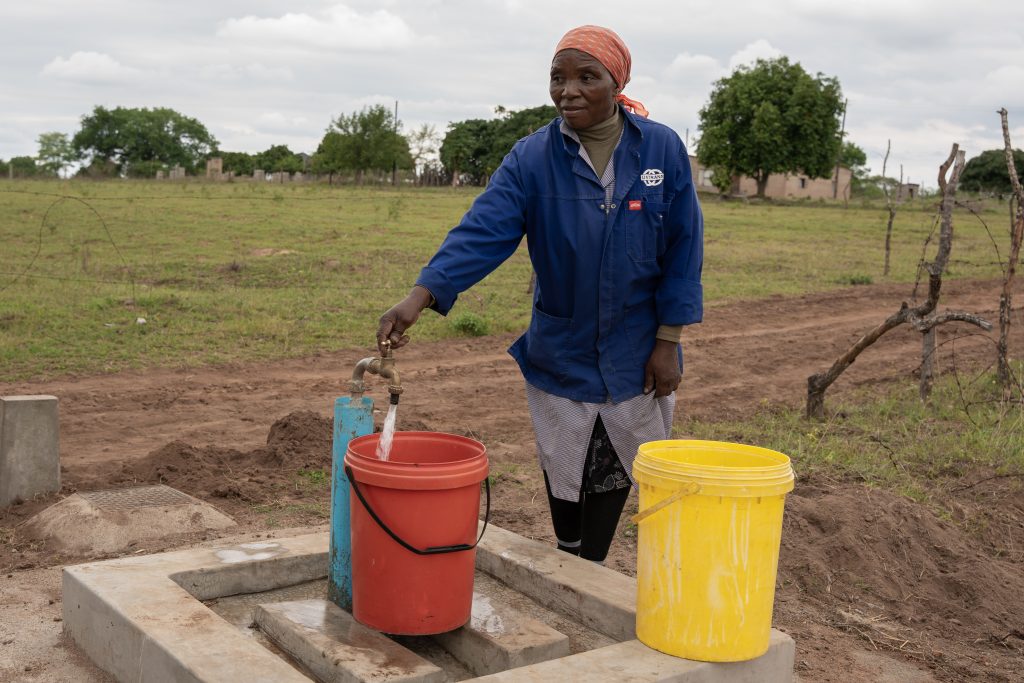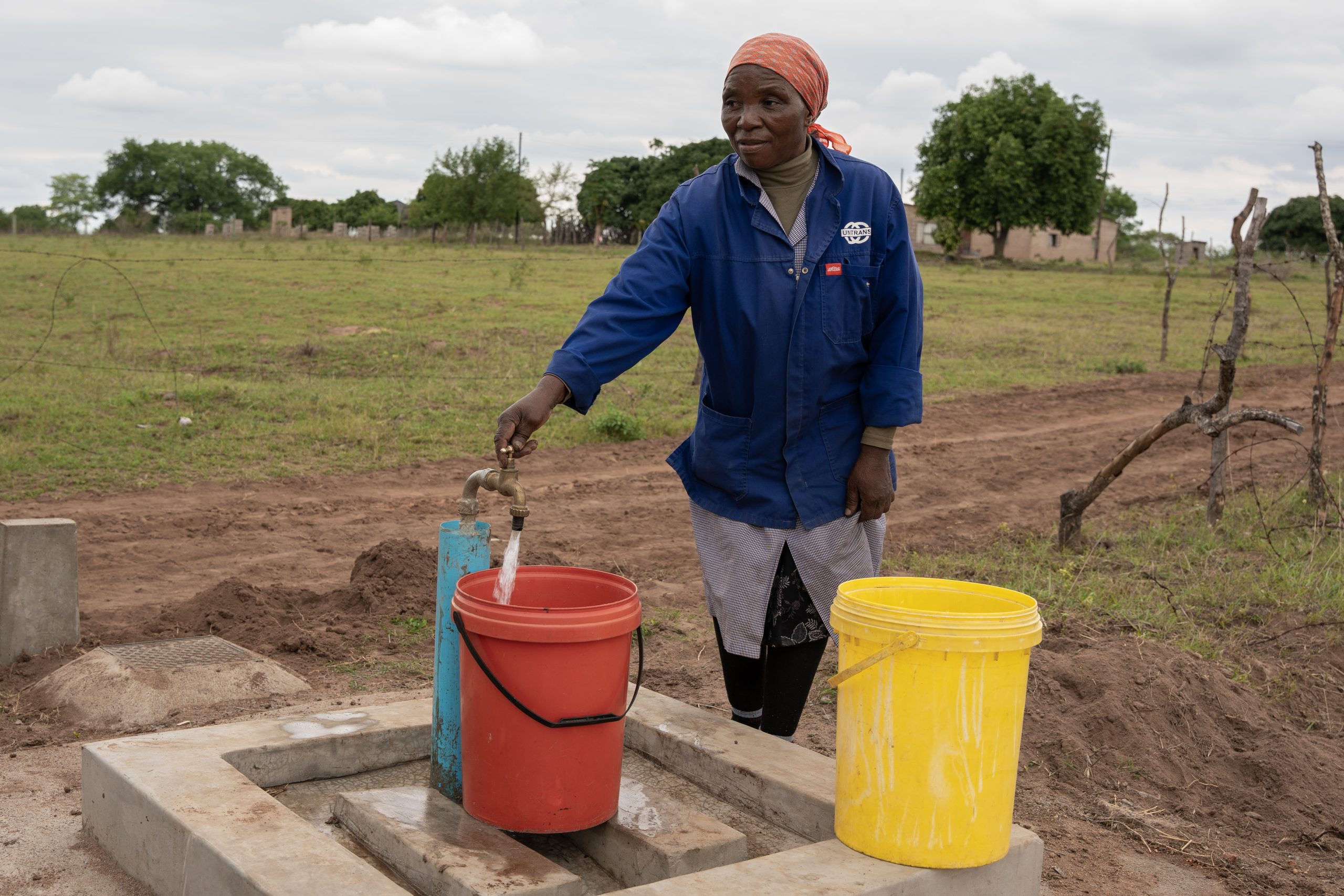
By Delisa Thwala
The Ministry of Natural Resources and Energy has revealed in their quarterly report that they have spent E10 million on the Construction of rural water supply schemes in the country.
“E10,000,000 local funds for resuscitation of rural water supply schemes and development for new water schemes in various communities across the country,” states the report.
A water supply scheme is a scheme for the delivery of water by an irrigation corporation, private irrigation board, or private water trust to members of the water supply scheme.
The report further stated the complemented phases of the schemes that have been completed and are ongoing.
Mpofu rural water supply scheme the intake and control house and the pumping main have been completed. The detention tank, horizontal filter, slow sand filters, and the three reservoirs are complete, according to the report.
RELATED:Energy-Water-Food Climate Nexus Summit commences in SA
“The delivery connector main has been completed. A private contractor has been engaged to construct the distribution network and standpipes. This portion of works is nearly complete, taking overall works to 85%,” reads the report.

Another project mentioned was the Khuphuka rural water supply scheme which is 21km out of 36km of the distribution network pipes. The steel reservoir has been assembled awaiting to be erected onto a steel.
“The reservoir stand translates to 30% of the project works. St Peter’s Rural Water Supply Scheme: all components of the water scheme have been constructed.,” further reads the report.
However, a major setback was encountered when the pump experienced mechanical failure, currently, the department is in the process of replacing it. The project is 90% complete.
Contained in the report, are also challenges faced by the Ministry in completing the schemes.
The problems that have caused the construction staff not to achieve the desired targets include inconsistent supply and rationing of fuel at CTA depots. Slow procurement and delivery of construction materials.
“An inadequate number of vehicles due to breakdowns, freezing of the filling of vacant posts contributed immensely to the slow progress,” reads the report.
The Ministry in their report, further breaks down the Project implementation stages on rural water supply.
It mentions that safe and readily available water is important for public health, whether it is used for drinking, domestic use, food production, or recreational purposes.
RELATED:Government installs gadgets to improve water potability
“Improved water supply and sanitation, and better management of water resources, can boost the country’s economic growth and can contribute greatly to poverty reduction,” reads the report.
The Department of Water Affairs through the Rural Water Supply Branch (RWSB) is responsible for providing clean and safe drinking water to rural communities in the Kingdom of Eswatini.
To achieve this, the RWSB undertakes to design, construct, maintain, repair, and rehabilitate rural water supply schemes.
The RWSB also undertakes to provide technical advice on designs, construction, and maintenance of rural water supply schemes to other government departments, non-governmental organizations, and rural communities.
To implement an RWS scheme, the Government of Eswatini or the implementing partner will make funds available for the scheme.
Rural communities need to know the process or stages it takes when requesting a water scheme, up to a complete water scheme. However, communities must note that there are so many rural communities that need potable water hence the RWSB may take time to attend to all requests received.






